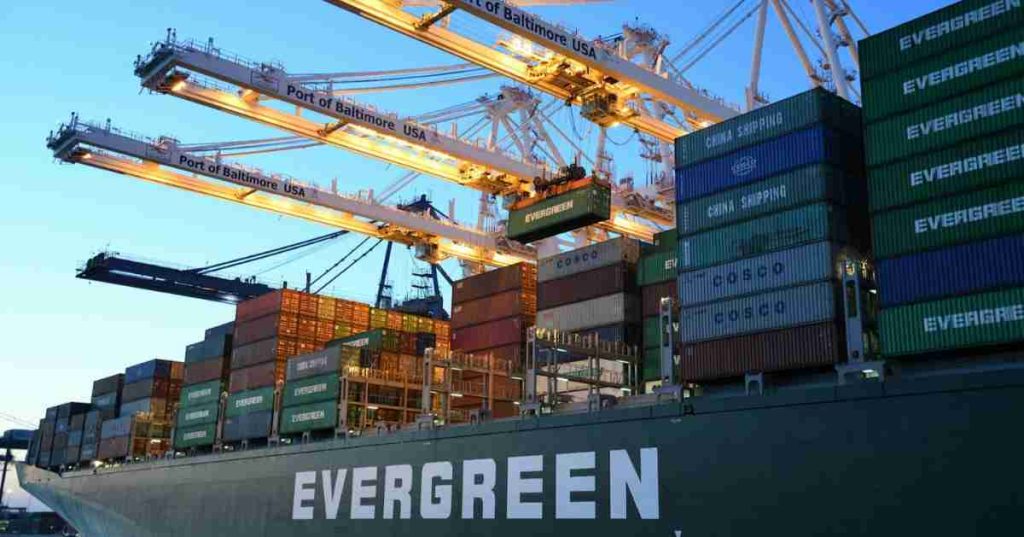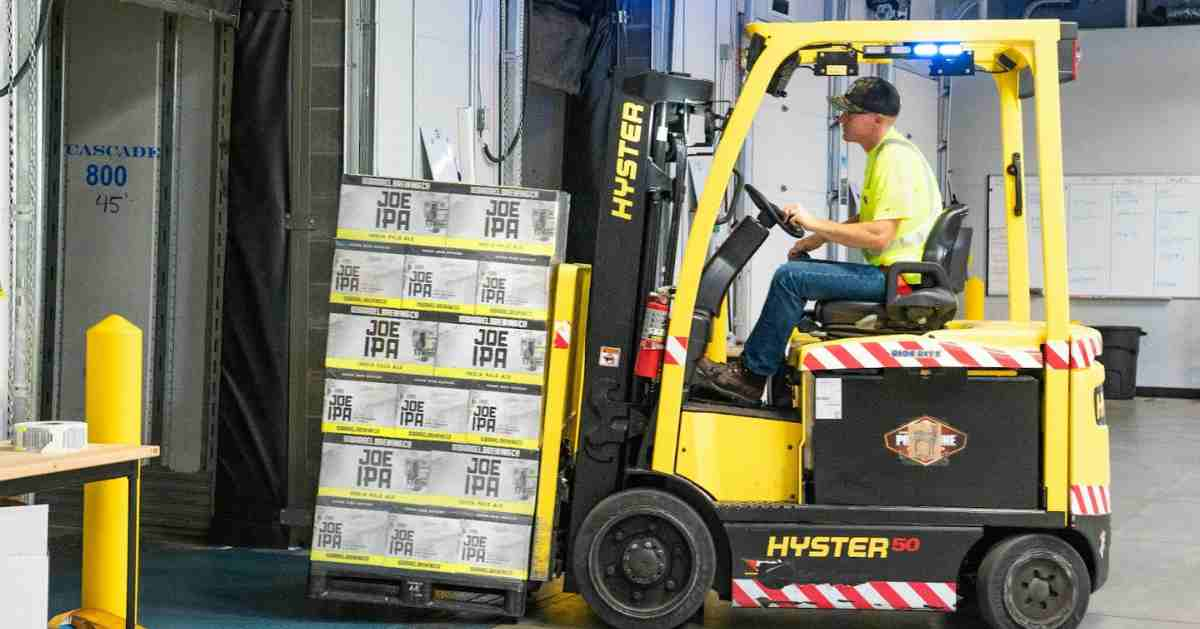Why TMS Is Vital Today
Transportation is far more than shuttling goods from one location into another. It forms the backbone of a respectable business: delays, rising costs, or improper routing dent customer trust and eat into profits. This is why companies are heavily investing technology to ensure smooth operations.
The marketplace is abuzz with elite Transportation Management Systems (TMS) designed to make life easier. They facilitate shipment tracking, optimize routing, and take the guesswork out. Gone are the days of wrestling with endless spreadsheets or manually going through carrier options. The top TMS systems bring order to the chaos of logistics.
Automation That Saves the Day
Automation stands out as a game-changer in modern TMS platforms. Tasks that could take hours now get completed within seconds. The system sets up a delivery route from the set of data relating to the time, distance, and cost to the best path possible for each delivery.
Getting labels printed, scheduling orders, or filling out paperwork follow the same path of automation as well, which means the fewer errors there are that these routinized tasks can bring about, the better. This lets the teams have time to concentrate on other larger issues.
By streamlining such processes, automation means quicker, accurate shipping-central shipping. And much less so stressful.
Real-Time Tracking for Total Clarity
Imagine knowing exactly where a shipment is, every second of its journey. Many TMS platforms now offer real-time tracking across all carriers, from the moment a truck rolls out of the warehouse to when it pulls up at its destination.
Think of it as a life saver! Some obstacle causes some delay in the shipments? Then reroute the shipment or inform the customer immediately in case of any delay. Threatening control on inventories and delivery timeframe also has its place. The customer appreciates transparency; timely updates foster trust and future business.
Analytics That Drive Smarter Choices
Today’s TMS platforms come loaded with analytics tools that turn raw data into gold. Shipping costs, delivery speeds, and carrier reliability are all tracked by a business so it can identify weaknesses before things snowball into bigger problems.
Some systems use past data to forecast trends, assisting anything from budgeting to long-term planning. Instead of fighting fires, companies can preemptively prevent them. These insights convert mere numbers into strategies that optimize business performance.
Seamless Integration Across the Board
No TMS operates in a vacuum. The best platforms sync effortlessly with warehouse management systems, ERP tools, and eCommerce setups. This connectivity keeps the entire supply chain humming in harmony.
Picture this: an order placed online flows straight into the TMS. Shipment updates automatically update inventory records. Cost reports land in accounting without anyone lifting a finger. This kind of integration wipes out duplicate work, slashes errors, and saves serious time.
Smarter Carrier Management
All in all, without the right tool, juggling multiple carriers feels like herding cats. TMS platforms ease this by letting a business compare rates, quality of service, and performance to select the right carrier for a particular job.
Some systems go further, tracking carrier reliability over time. Which ones always deliver on schedule? Which ones lag? This data helps forge stronger partnerships and dodge risks. Carrier management shifts from a headache to a strategic advantage.
Mobile Access and Easy-to-Use Design
Mobile access isn’t just nice to have it’s a must. Top TMS platforms now offer apps for phones and tablets, letting managers track shipments, check analytics, or adjust plans from anywhere. It’s a godsend for those constantly on the move.
Interface should be clean and intuitive. Clear dashboards and straightforward visuals mean less time in training and less chance of errors. On the other hand, the more natural it feels to use a system, the faster teams adopt it and reap more benefits. Ease of use is directly proportional to value creation.
Future-Ready Features to Stay Ahead
The best TMS platforms are prospectively preparing for tomorrow. Like AI-powered route optimization that takes into considerations the traffic or weather, predictive alerts for vehicle maintenance, and automated checking for regulations-level compliance.
These classy tools keep businesses one step ahead of competitors. They bring down costs, make operations more efficient, and guarantee scaling of operations with no hiccups. Future-ready TMS platforms even use AI for predictive alerts and route optimization. This is part of a larger trend of AI reshaping industries, including AI in Digital Marketing and SEO.
Real-World Impact
Take a mid-sized retailer shipping nationwide. TMS: Real-time tracking, data on inefficiencies: inefficient routes that can reduce up to 12% in fuel costs. Integrated with their eCommerce platform, with the orders going through faster than before, processing speed is just half the time it took in; compliance checks automated: the company stays away from fines. These are more than just unlabeled features; these are measurable wins, contributing to profit and customer loyalty simultaneously.

Picking the Right TMS
The decision to choose a TMS revolves around what matter most to a company. An intricate supply chain could demand heavy-duty analytics and integration, whereas a smaller firm might want things to be cheap and simple. It all boils down to scaling: a system that can scale with the company avoids expensive customization down the road.
Ultimately, a strong TMS can render the transportation realm from being a logistical tangle into a key competitive advantage. Taking advantage of automation, real-time visibility, seamless integrations, and future-ready tools means operations become fluid experiences for clients. As the market continues to harden and amplify expectations, such a TMS with innovative features is not just a consideration but a prerequisite to performing well.
